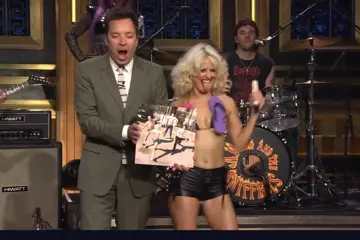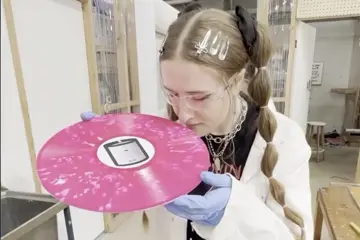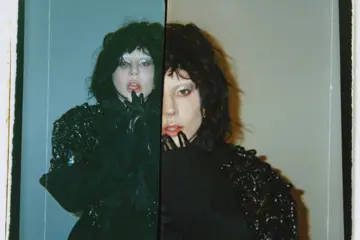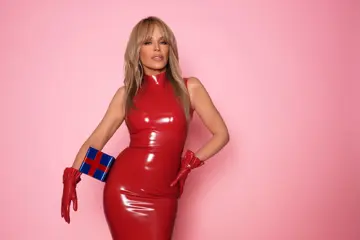The legendary frontwoman of iconic outfit Blondie, Debbie Harry, has joined a growing chorus of high-profile musicians such as Katy Perry, Billy Joel and Nikki Sixx in calling on streaming-video giant YouTube to pay artists "fairly".
In a new blog written for The Guardian, Harry echoes several of the sentiments put forth in a recent statement by Sixx and his bandmates in Sixx:A.M., using the post to acknowledge her own position of privilege in having made her career "during the period when people bought albums" while digging into the specifics of YouTube's substantial revenue (about $US75 billion [about $98 billion]) as a means of demonstrating the apparent unfairness of their payment scheme.
"In this era of streaming platforms, I feel compelled to speak out on behalf of a new generation of artists who are not being treated or compensated fairly," Harry wrote in her blog. "In a world in which few people are paying for music, it is imperative for companies that generate enormous revenues, such as YouTube, to support the musicians and artists who have made that platform what it is today."
Harry cites Blondie's own video for mega-hit Heart Of Glass — the official version of which has racked up more than 49 million views — as an example, referring to "over a million other Blondie videos on YouTube, most of them from unofficial accounts" further adding to that total.
"Yet none of us in Blondie will receive a fair amount of royalties from these millions of plays," she wrote. "In fact, it is estimated by the American Association of Independent Music that YouTube pays only a sixth of what Apple and Spotify pay artists.
"While I was fortunate enough to make a good living making music, able to travel around the world performing, I was also fortunate enough to be an artist during the period when people bought albums. But in this digital world, the up-and-coming artists of today are being denied the chance to earn a living, when companies such as YouTube don't pay them fairly. This is crippling for new artists who depend on their earnings to make new music."
Not unexpectedly, Harry also takes a particularly political bent in expressing her reasons for joining the campaign to see artists paid more fairly by YouTube, pointing a "loophole" in the Digital Millennium Copyright Act (DMCA) that allows a 'safe harbour provision' for services — such as YouTube — accused of hosting unauthorised material.
"The clause required that if an artist discovered their work on a platform protected by the safe harbor clause, they had to issue an individual take-down notice for every instance it was uploaded," Harry wrote.
"But this is an impossible task. The search engine owners knew it would be impossible to enforce this clause when the law was drafted. I wouldn't be able to stop people — and to be sure, many of them are simply fans who mean no harm — from uploading our music every time it happened. But YouTube and Google know better."
"I am joining artists like Katy Perry, Nikki Sixx and Billy Joel, and I'm asking other artists to join us in asking President Obama, Hillary Clinton, Bernie Sanders, Donald Trump, Ted Cruz and John Kasich to lobby Congress to change the DMCA," Harry continued. "Moreover, we are asking journalists to question these candidates and President Obama on when they're going to start this lobbying process.
"Art and music have helped change and sculpt our culture. As someone who performed at seminal clubs like CBGB, and had a part in shaping the punk music scene, I know firsthand how we can influence the world. Music matters. Musicians matter. We artists have this ability. We only ask that we be compensated fairly."















